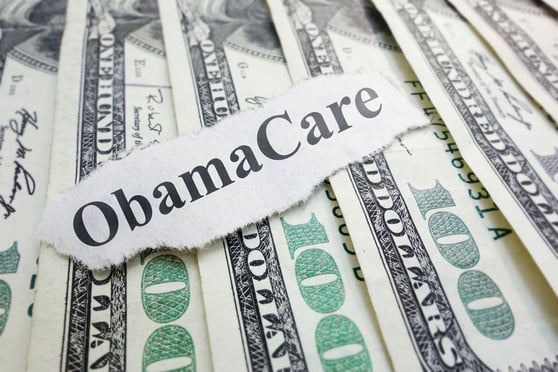(Bloomberg View) — The Republicans' failure torepeal Obamacare has created a political opening. The Americanpublic, threatened with the withdrawal of health insurance frommillions of people, has largely come to embrace the idea ofuniversal coverage. At such a moment, Democrats are right toadvance ideas for building on the gains accomplished by theAffordable Care Act.
|Unfortunately, many of them are supporting Senator BernieSanders in his drive for a single-payer system. Universalcoverage does not require single-payer — and pressing forthat particular form of universal coverage is unwise both on themerits and as a matter of political strategy.
|The legislation that Sanders introducedWednesday — endorsed already by more than a dozenDemocrats, several of whom might run for president — isneedlessly radical. Supporters seem captivated by its apparentsimplicity: Sweep away the current fragmented, wasteful system andhave the federal government pay for all health care. In fact,implementing such an enormous, wrenching change might not savemoney and would be anything but simple.
|A standard argument in favor of a single-payer system is thatevery country that has one spends less on health care. Actually,other countries' systems vary widely, and few are trulysingle-payer. They succeed in controlling costs not because thegovernment is paying for everything but because the prices oftreatments and drugs are aggressively regulated.
|The U.S. is still averse to this approach. It's why Medicareisn't allowed to negotiate drug prices, and it's why Obamacare'sIndependent Payment Advisory Board, which is meant to trim Medicarespending, has been widely (and wrongly) condemned as a "deathpanel." Moving to a single-payer system would not, by itself,persuade Americans that rigorous cost-control is what theywant.
|A single-payer scheme could indeed simplify the system, but notwithout first putting it through tremendous upheaval. Keep in mindthat half the population has employer-based health insurance, andmany people like it. For these 156 million, a switch tosingle-payer would mean giving up that coverage and instead payinghigher taxes to fund a program that would cost, by SenatorSanders's own estimation, some $3 trillion a year.
||A better way to extend health insurance to the 28.1 millionAmericans who still need it is to take incrementalsteps — starting with the bipartisan effort to shore up the ACA now underway in the Senate. Strategies beyond Obamacare are needed, too:automatic enrollment in basic subsidized plans, gradually loweringthe age for Medicare, maybe offering Medicaid buy-in as a publicoption.
|Better cost control should be pursued at the same time, againbuilding on the trials (of bundled payments and other initiatives)supported by the ACA. Medicare should be allowed to negotiate withdrug companies, and the role of IPAB should be affirmed: Here too,overcoming resistance is best done step by step. In many cases, itmakes sense to let individual states experiment, to find out whichideas expand coverage most effectively and affordably.
|This more gradual approach can bring about universal coveragewithout the revolution that many Americans would resist -- and itcan deliver progress right away. Sanders's plan, meanwhile, has nochance of success anytime soon. If anything, it will be adistraction, militating against the incremental advances that wouldotherwise be achievable.
|Democrats are winning the argument that matters — Americahas come to accept that everybody should have health insurance.What a pity if they throw away their victory by pressing anapproach that would undermine this new and barely formedconsensus.
|Copyright 2018 Bloomberg. All rightsreserved. This material may not be published, broadcast, rewritten,or redistributed.
Complete your profile to continue reading and get FREE access to BenefitsPRO, part of your ALM digital membership.
Your access to unlimited BenefitsPRO content isn’t changing.
Once you are an ALM digital member, you’ll receive:
- Critical BenefitsPRO information including cutting edge post-reform success strategies, access to educational webcasts and videos, resources from industry leaders, and informative Newsletters.
- Exclusive discounts on ALM, BenefitsPRO magazine and BenefitsPRO.com events
- Access to other award-winning ALM websites including ThinkAdvisor.com and Law.com
Already have an account? Sign In
© 2024 ALM Global, LLC, All Rights Reserved. Request academic re-use from www.copyright.com. All other uses, submit a request to [email protected]. For more information visit Asset & Logo Licensing.








